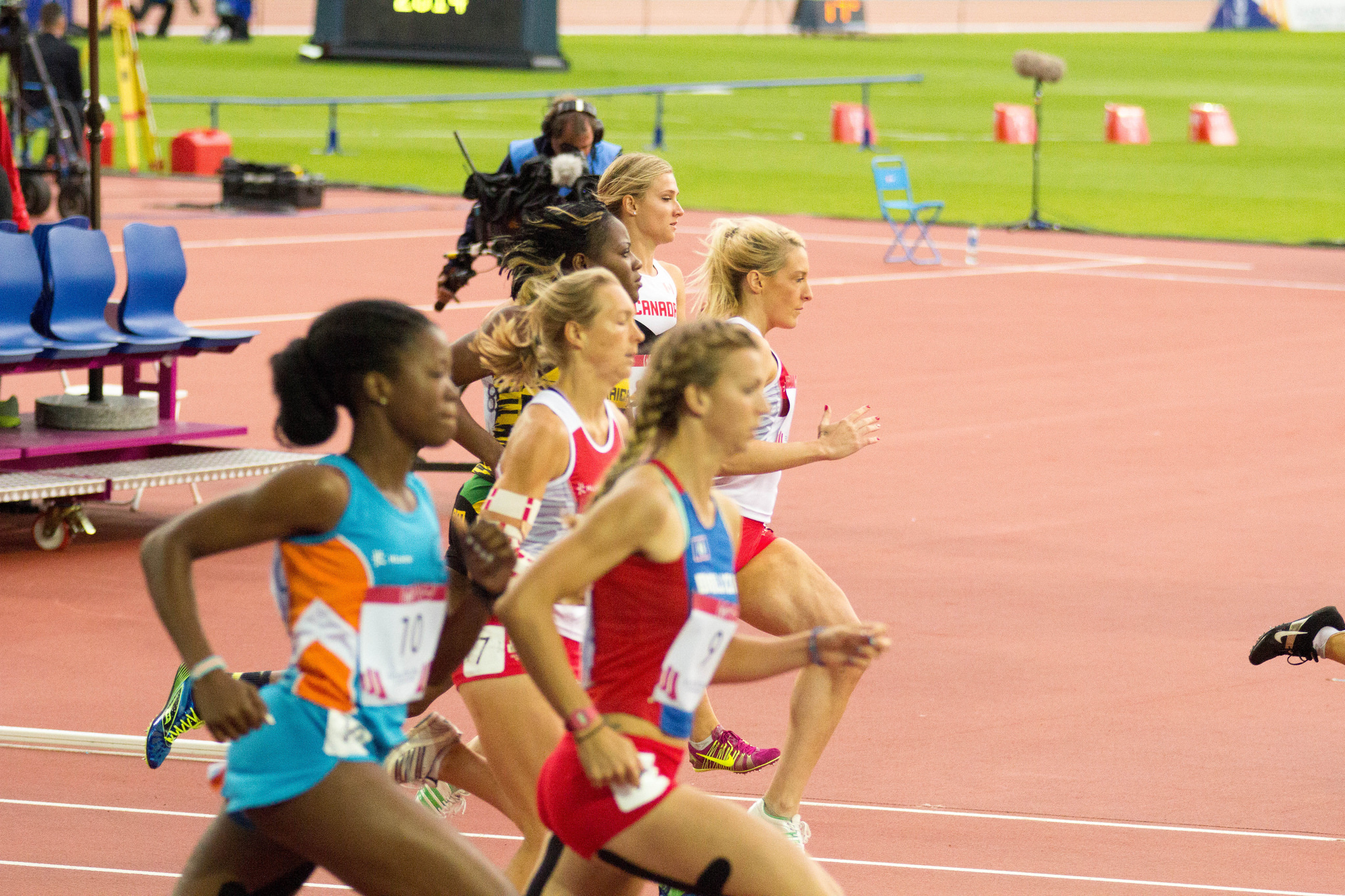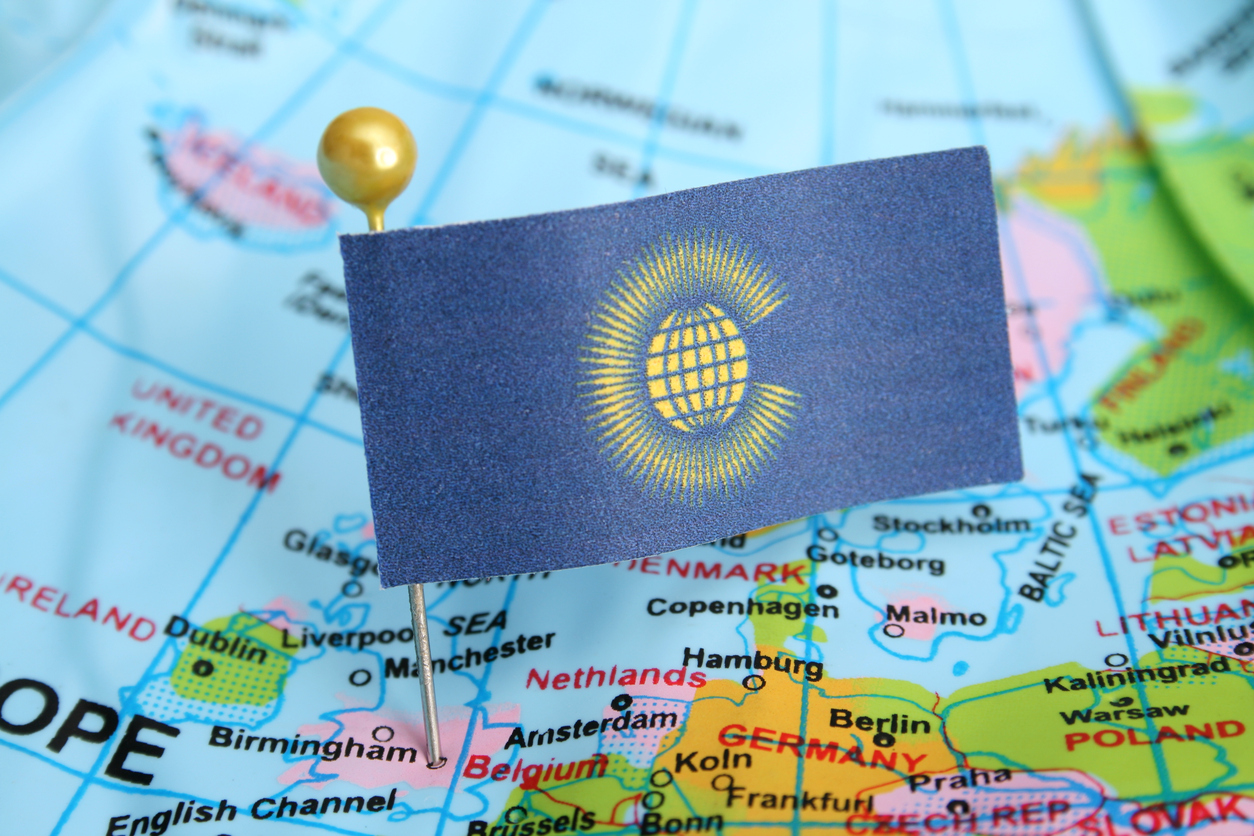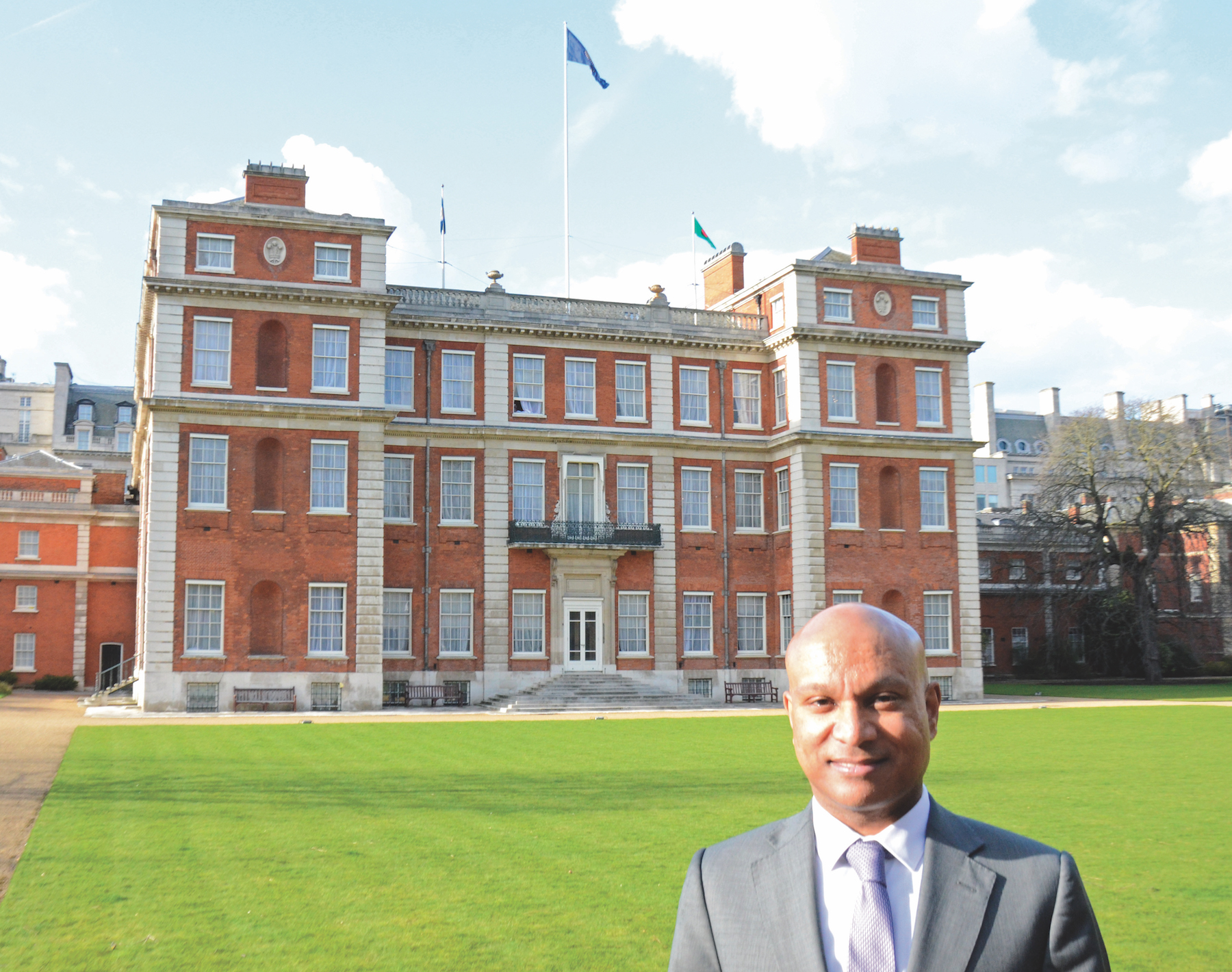An archaic hangover from our empire-building days, or an economic lifeboat in our post-Brexit future? As athletes head to the Gold Coast for the Games, we ask what exactly is the Commonwealth? Linford Andrews, a South African diplomat with the secretariat (and major fan of acronyms) sets the record straight.
What is the Commonwealth?
The Commonwealth is an association of 53 member states and we work to build consensus and understanding across our membership on a number of important global issues. These can vary from trade issues, countering violent extremism, constitution reform, youth empowerment or the protection of human rights. Our resources are relatively small but our strength lies in that we have access at the highest levels of government.
Are you part of the government’s Foreign and Commonwealth Office?
If I may clarify one thing, the Commonwealth Secretariat is not to be confused with the FCO. We are a fully independent agency. The UK is a member of the Commonwealth – one of 53 member states. We have our global headquarters here in London and offices in Geneva and New York, providing facilities to a number of small states who are unable due to having their own permanent missions at the UN.
How are you funded?
From member states. On occasion a member state will provide extra resources for specific projects, for example, election observation or CVE – countering violent extremism.
Any connection to the Commonwealth Games?
The Commonwealth Games Federation is an independent body that runs the Games. The Secretary-General attends the opening but more importantly she will be at the Commonwealth Sports Ministers Meeting which is held in the margins of the Games. One of the key areas of our work is what we call SDPs – Sport for Development and Peace – that’s working in particular with young people to foster positive interaction and empower them to become positive influencers in their own communities.

So what does the Commonwealth actually do?
The Commonwealth is involved in supporting member states in things like removing trade barriers and helping states to manage debt to create prosperity. Each member state of the Commonwealth has an equal voice on key issues of common concern so we offer a voice for small states on the global stage. Another initiative is the Office of Civil and Criminal Justice Reform, or OCCJR, offering a mechanism whereby countries can access model laws, model legislation in a whole range of different areas. All our work, whether it’s trade, CVE, ensuring that legal systems are just, fair and clear, or youth empowerment are all about supporting our member states in preventing conflicts.










